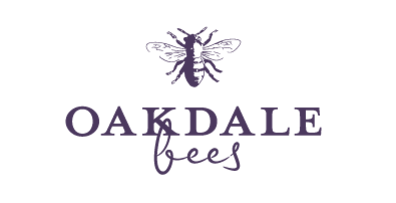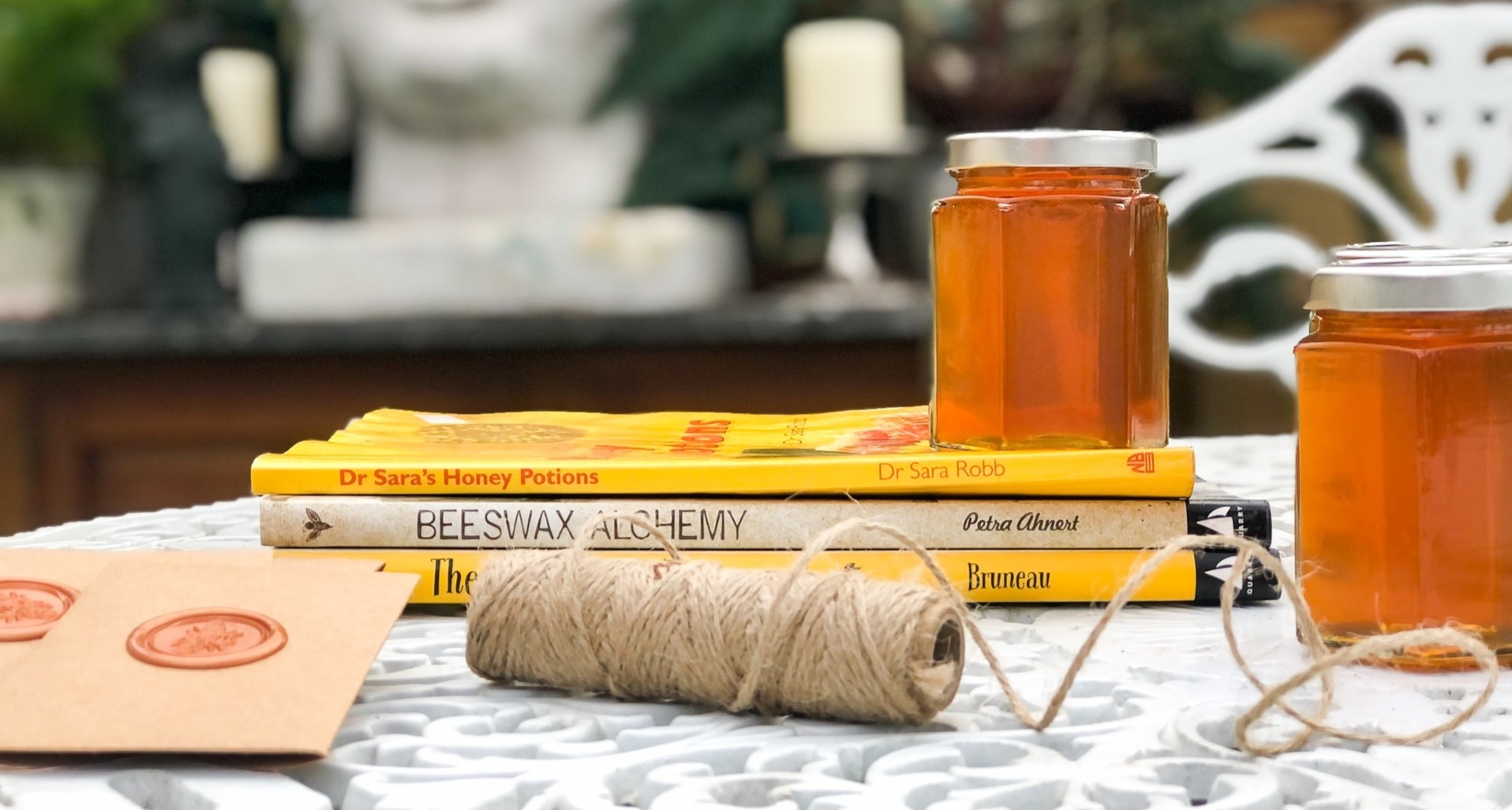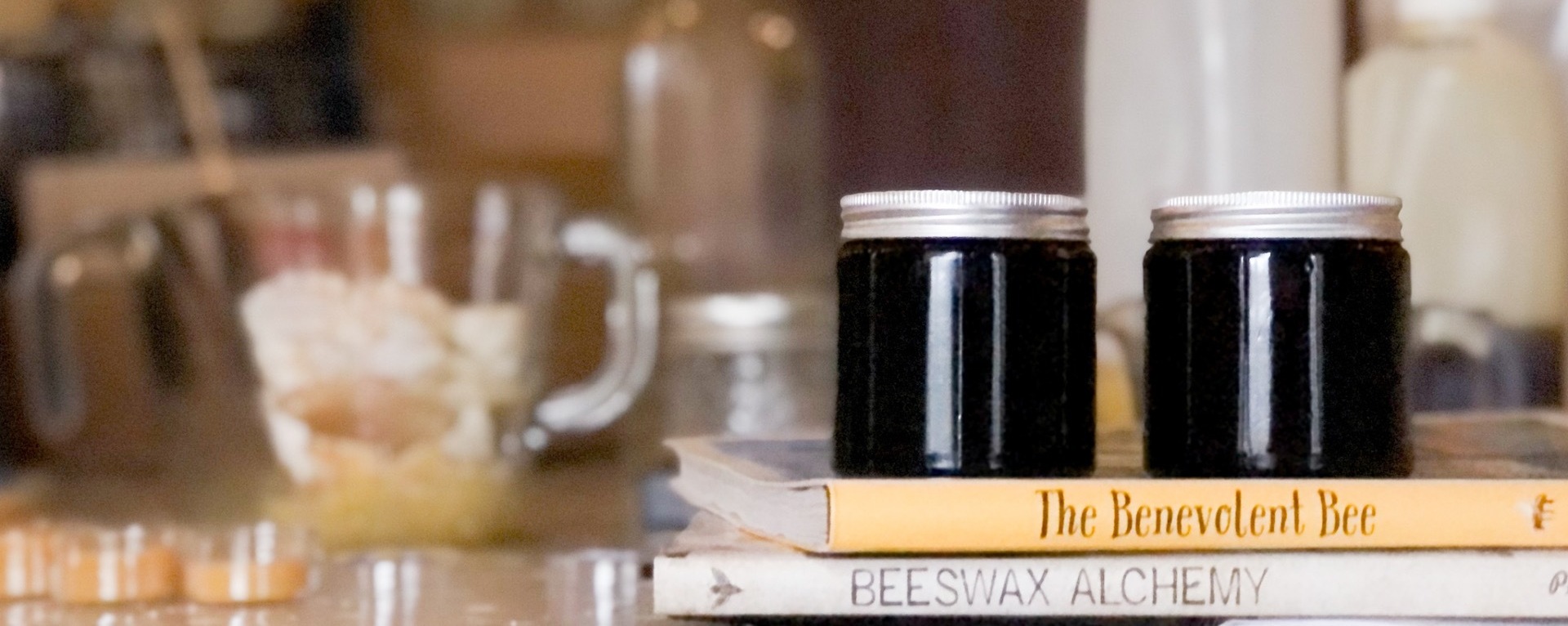A Controversial Debate - Could Honey & Hive Products Ever Be Accepted by Vegans?
Posted on 2nd February 2021 at 14:57
I believe each of us has to be respectful of our personal choices. As a non-vegan, natural beekeeper, I accept this is a controversial conversation but one that I would like to open a debate about so that we can explore the merits from all perspectives.
To enter this debate, we may need to agree on some early assumptions - establishing veganism
First of all we need to agree on the meaning of veganism and I defer here to the definition from The Vegan Society - “Veganism is a philosophy and way of living which seeks to exclude—as far as is possible and practicable—all forms of exploitation of, and cruelty to, animals for food, clothing or any other purpose; and by extension, promotes the development and use of animal-free alternatives for the benefit of animals, humans and the environment. In dietary terms it denotes the practice of dispensing with all products derived wholly or partly from animals."
Further advice from The Vegan Society highlights that insects and specifically honey is one of the most frequently mistaken vegan-friendly foods. Why then do 50% of my vegan friends happily tuck into honey and others support the definition as clearly outlined? I would like to challenge elements of this certainly contentious, often challenging and certainly fascinating debate. In particular the phrase ‘promotes the development and use of animal-free alternatives for the benefit of animals, humans and the environment’
Some key and agreed assumptions – the natural beekeeper
My experience as a beekeeper of 15 hives with 8 years’ experience is arguably not the most authoritative on this subject but I hope my passion compensates. A colony of bees is a beekeeper’s most valuable asset. We categorically do not ‘steal their honey’ causing the bees to starve as a result of our actions. Yes we harvest their honey, but never to the detriment or the welfare of the bees, more than sufficient honey remains in the hive throughout the year. Bees are not bred for their productivity, nor are Queen Bees wings clipped. Honey is taken to aid their environment and welfare and I am happy to expand on this in a future post. I am sure any local beekeeper would agree with these facts and I can assure you we are not in honey production for profit (actually far from it). For the purpose of this debate, I would like to be clear that I am speaking on behalf of the local beekeeper not commercial honey farmers for whom I have no knowledge.
Hopefully we can accept these core assumptions before we more on to explore whether vegans and beekeepers can reach some common ground in areas such as pollination, health, economic factors and the environment and what we could all do differently in the future?
Why do we keep honey bees?
Honeybees are the only bee to produce excess honey, a wonderful product that derives many health benefits (again I could expand on this). They remain unique as the only bee species that can be cultivated in hives. Ask a local beekeeper why they are prepared to undertake this expensive, often perilous, backbreaking and occasionally painful hobby and I am confident they will say it is down to their complete joy at spending time with these complex and beautiful creatures. Honey is enjoyed and shared and occasionally sold to contribute to the costs of running an apiary. Our role becomes bee centric ensuring the bees have essential biological needs plus the right environment to protect and preserve them as a valued pollinator.
I hope I have done enough to explain the motivation and ethos behind keeping bees and would like to discuss why vegans could perhaps consider hive products in the future.
Alternatives to honey
It is reported that 95% of the honey consumed in the UK is imported from countries such as China and Turkey. Aside from the environmental consequences of importing these products the honey has been pasteurised and finely filtered thus reducing its purported health benefits, in order to make it affordable.
There are many excellent vegan alternatives to honey such as date syrup, maple syrup, molasses, butterscotch syrup, coconut nectar, golden syrup and agave nectar. These are great to use in baking, cooking and a sweetener for drinks. However many of these products are imported into the UK and we return to the debate about choices and making informed decisions.
Pollination
It is widely reported that many alternative bee and insect species are more effective pollinators than the honeybee. No one is going to argue that the loss of habitat in the UK has led to a dramatic decline in all pollinators. DEFRA, the Department of Environment, Food & Rural Affairs highlighted this decline in their report, ‘Bees and other pollinators; their value and health in England’. No single threat is solely responsible for the decline but a poignant and toxic combination of intensification in land-use, habitat loss, pests, disease, invasive species, inappropriate use of agrochemicals and climate change are all impacting.
Insects pollinate 80% of all plant species in Europe including the agricultural and horticultural crops that are so key to our diet.
Since World War II there were an estimated 400K colonies of bees supported by 80K beekeepers in England. Latest figures show there are now only 130K supported by 27K beekeepers. (Ref DEFRA)
We can all help in many ways by planting nectar rich flowers in pots and window boxes, to leaving un-mowed areas in gardens (I would love to expand on this whole subject in a future post). Not everyone is fortunate enough to have access to a green space of course, however there are many superb charities out there that are worthy of support in some shape or form. These include the Bumblebee Conservation Trust, Bug Life and their amazing B-Lines project and Friends of the Earth.
Can we therefore agree that any activity which increases our pollinator population is good and supports the objectives of a plant-based diet alongside promoting greater awareness?
Organic
This is an extensive subject for another day how can any beekeeper guarantee their honey is organic?. Do they track every one of their 60,000 strong hive when out foraging? Organic is often confused with raw natural honey and in my view miss sold. This does not apply to the vegan alternatives which can guarantee the organic provenance in the honey alternatives. So don’t pay more for organic honey just local, unfiltered and unpasteurised packed with natural goodness.
Beeswax
Bees produce beeswax in the hive which has amazing antibacterial qualities. Bees store their honey in cells and when beekeepers remove excess honey, they collect wax and render it for items such as beeswax wraps, polishes and candles. Bees produce nodules of wax around the hive which is scraped and collected throughout the year. Beekeepers would never remove wax which is required by the bees.
It’s very easy to stray into the wider environmental considerations such as the use of palm oil and carnauba wax often used in Vegan (beeswax) wraps when shipped around the planet, often from cleared forest ground is in itself a debate for another day.
We all love candles however are beeswax candles any better or worse than soy produced candles when you take into account the environmental impact that shipping and processing has involved?
Similarly, as a British beekeeper I am proud to say that we use British beeswax and natural British plant-based oils in our wood, leather and bowl restorative polishes. These are used as an alternative to white spirits, silicon, solvents, liquid paraffins, mineral oils, all of which are environmentally harmful.
Vegan values
What I hope to have presented in this blog is just some of the considerations or “grey areas” that I believe veganism presents. I believe it is important to debate the topic and I would encourage both beekeepers and vegans to try and find more common ground in terms of helping the environment and encouraging crops to flourish naturally.
Veganism is a philosophy and in particular I have focused on the phrase ‘promotes the development of animal-free alternatives for the benefit of animals, humans and the environment’ in this post.
On balance where are you on this debate?
I would love to hear your views. My objective was to be balanced and fair and I hope that you can be the same in your responses. I am genuinely interested to hear your thoughts on what I appreciate is a controversial debate and one of absolute personal choice.
Please look out for future blogs as you can see there is plenty to talk about!
Elisabeth Barton-Grew Director Oakdale Bees
Oakdale Bees produces eco friendly hive products including: Beeswax wraps, Beevitalise Wood Remedy, Beevitalise Leather Revive and Beevitalise Bowl and Chopping board Restore. Eco packs ‘make your own beeswax wraps’, ‘make your own seed bombs’, ‘Beetective’ kids pack and ‘learn to be a friend to the bees’.
This content will only be shown when viewing the full post. Click on this text to edit it.
Tagged as: apiary, artisan honey, bee hive, beekeeper, beekeeping, bees, eco-friendly, honey, mindfulness, natural beekeeper, natural living, organic, vegan, vegan beekeeper, vegan honey, veganism
Share this post:



